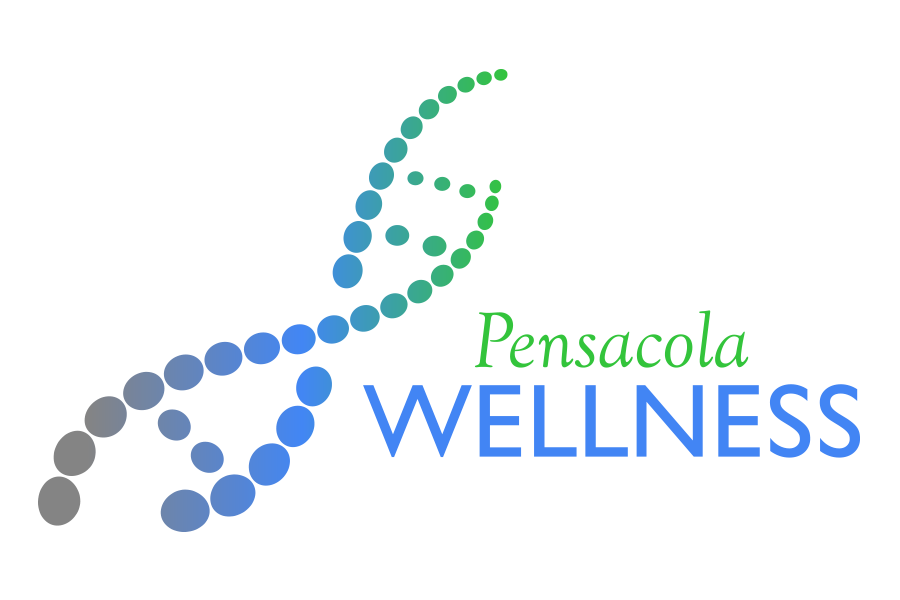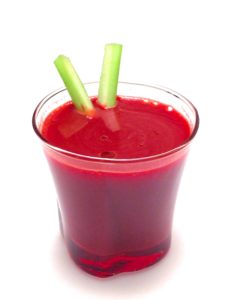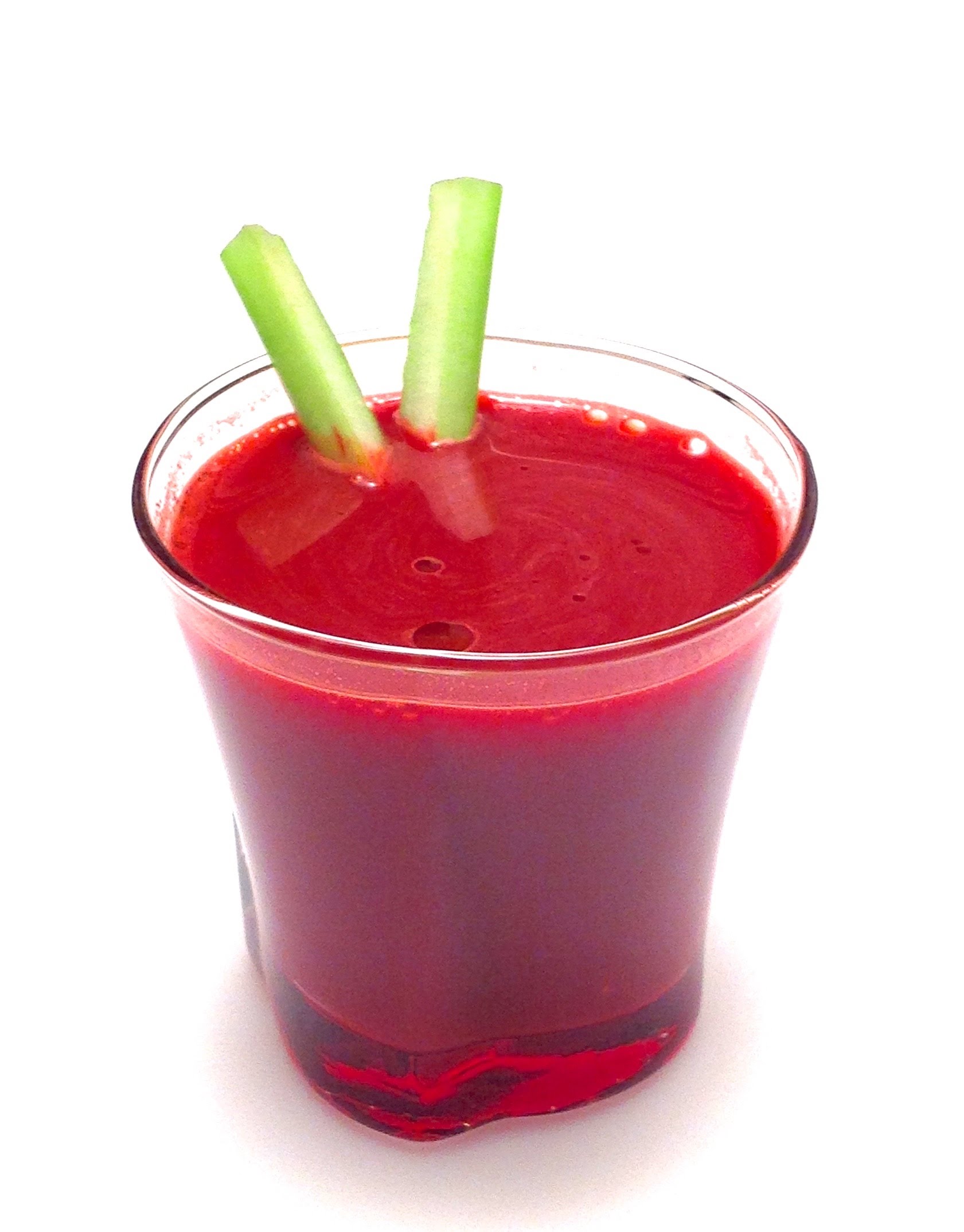
Located between your voice box and collarbones and no bigger than your thumb, your thyroid affects just about every process in the body. The thyroid produces hormones that regulate metabolism by controlling the amount of calories burned and how fast (or slow) the brain, heart, liver and other organs work. This butterfly-shaped gland plays an important role in everything from your mood to your bone health to your bowel movements.
Eating healthy and taking vitamins is an important part of maintaining a healthy and balanced lifestyle and thyroid. So what vitamins do you need for proper thyroid health? How much of these vitamins do you need? Well, the secret to good thyroid health is eating the right vitamins and minerals. You can eat foods containing vitamins for thyroid or take supplements. Here are the A, B, C’s of Thyroid Health:
Food Sources of Vitamin A
Fish (cod, salmon and halibut) is one of the best food sources of vitamin A. Meats such as liver, beef and chicken are also high in vitamin A, along with eggs. You can obtain beta-carotene from certain fruits and vegetables, such as carrots, broccoli, spinach, bell peppers, sweet potatoes, pumpkins, mango and cantaloupe.
Food Sources of Vitamin B
Good food sources of vitamin B include whole grains, legumes, nuts, milk, yogurt, meat, fish, eggs, seeds, apples, fruits, celery and dark leafy greens.
Ingredients:
Food Sources of Vitamin C
One of the greatest advantages of vitamin C is that we can easily obtain the recommended daily value through our diet. Kiwi, red & green peppers, kale, brussel sprouts, broccoli, cauliflower, strawberries, grapefruit, kiwi, pineapples, oranges, lemons and other citrus fruits are rich in vitamin C.
Eating healthy and taking vitamins is an important part of maintaining a healthy and balanced lifestyle and thyroid. So what vitamins do you need for proper thyroid health? How much of these vitamins do you need? Well, the secret to good thyroid health is eating the right vitamins and minerals. You can eat foods containing vitamins for thyroid or take supplements. Here are the A, B, C’s of Thyroid Health:
VITAMIN A
Vitamin A is beneficial for your bones, teeth and eyes. It also plays a key role in keeping your immune system strong. Vitamin A is required for the activation of thyroid hormone receptors and has been shown to regulate thyroid hormone metabolism and inhibit thyroid-stimulating hormone (TSH) secretion.Food Sources of Vitamin A
Fish (cod, salmon and halibut) is one of the best food sources of vitamin A. Meats such as liver, beef and chicken are also high in vitamin A, along with eggs. You can obtain beta-carotene from certain fruits and vegetables, such as carrots, broccoli, spinach, bell peppers, sweet potatoes, pumpkins, mango and cantaloupe.
VITAMIN B
B vitamins have many interactions with thyroid function and hormone regulation. Did you know that there are eight B vitamins? These essential nutrients help convert your food into fuel, allowing you to stay energized throughout the day. One of the best vitamins for issues of the thyroid is vitamin B12 because it plays an important role in red cell metabolism. It also increases your energy and strengthens your nervous system. Vitamin B supplements are easy to add to your everyday routine. You can find them on your local grocery or drug store shelf.Food Sources of Vitamin B
Good food sources of vitamin B include whole grains, legumes, nuts, milk, yogurt, meat, fish, eggs, seeds, apples, fruits, celery and dark leafy greens.
Ingredients:
- 1 Apple
- ½ Cup Pineapple
- ½ Beetroot with Tops
- 2 Stalks Celery
- 1 Carrot
VITAMIN C
Vitamin C is vital for your thyroid and body to stay healthy! This vitamin is required for biosynthesis of collagen, protein metabolism and functions as an antioxidant to strengthen the immune system to prevent infections, cold and flu. Also, vitamin C helps protect against cardiovascular disease, eye disease, prenatal health problems and even skin wrinkling. Long-term deficiency of vitamin C can cause the thyroid gland to secrete an excessive amount of hormones.Food Sources of Vitamin C
One of the greatest advantages of vitamin C is that we can easily obtain the recommended daily value through our diet. Kiwi, red & green peppers, kale, brussel sprouts, broccoli, cauliflower, strawberries, grapefruit, kiwi, pineapples, oranges, lemons and other citrus fruits are rich in vitamin C.



Leave a Comment